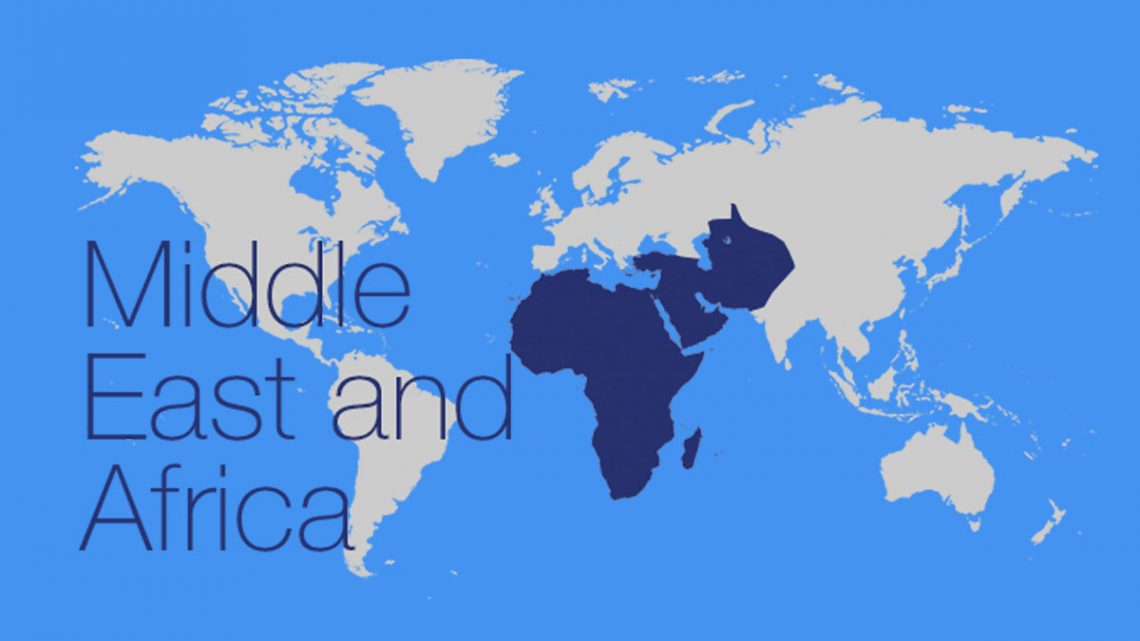Research on the global payment cards market forecasts continued strong growth in the Middle East and Africa and highlights significant opportunities for the international card schemes Many people still do not have a payment card.
According to RBR’s Global Payment Cards Data and Forecasts to 2021, the number of cards in issue in the Middle East and Africa (MEA) increased by 13% to 611 million in 2015, making it the world’s fastest growing region. Large unbanked populations mean that many people do not yet have a payment card, and indicate significant potential. RBR forecasts that the number of cards in the region will rise to 910 million by the end of 2021.
Domestic scheme cards favoured in some markets because of lower issuing costs
By far the largest payment cards market in the region is Iran, where all payment cards are domestic-only, as a result of the ongoing imposition of international sanctions. The RBR study shows that domestic schemes are also present in Israel, Morocco, Nigeria and Saudi Arabia. Domestic scheme cards are sometimes favoured because of their lower issuing costs – in Morocco, for example, Centre Monétique Interbancaire (CMI) cards are frequently issued as entry-level products.
Rapid growth presents a large opportunity for international schemes
Mastercard and Visa make up a large and growing share of the remaining cards in the region outside of Iran and RBR’s report shows that they have made notable gains in Nigeria and Saudi Arabia. This is through both organic growth and agreements for their brands to be added to domestic scheme cards to enable cardholders to use them outside the country of issuance. Cards featuring both a domestic and international brand were most recently launched in Saudi Arabia, where “mada” debit cards were introduced by the Saudi Payment Network (SPAN) in 2015.
According to RBR’s Chris Herbert: “International schemes are using various strategies to take advantage of the fast growth in the Middle East and Africa and they will continue to increase their share in most markets. Nevertheless, ongoing sanctions against Iran mean that domestic schemes are likely to be the only cards present in that country for the short term at least”.






